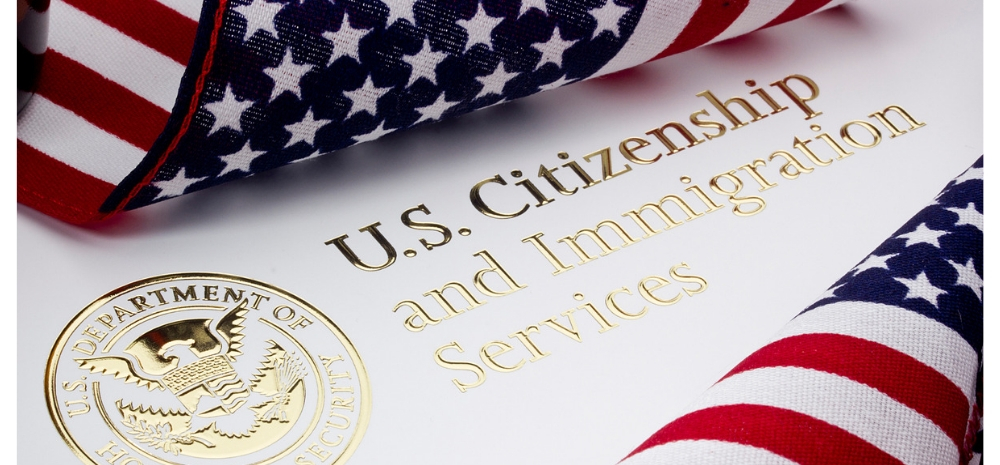H1-B Visa Holders Cannot Switch Jobs So Easily; Indian H-1B Applicants Under Special Scanner?

With such rapid shifts in the norms of H1B visa, the Indians working in the US, as well as the companies of Indian origin based in the US, are facing a lot of problems.
Not only is their extension for H1B visa getting rejected, the procedure for changing jobs by H1B visa holders, too, is getting one step more arduous.
To top this off, the United States Citizenship and Immigration Services (USCI) has been denying the application of job hopping on grounds of not constituting ‘a specialty occupation’.
Significant shifts in the rules revolving around H1B Visa:
•Apr 2017: US to issue H1B visas only to the most-skilled professionals or the highest paying beneficiaries.
•Mar 2018: Suspension of premium processions of H1B petitions.
•Jul 2018: USCIS given the right to reject H1B applications that fail to submit required information.
•Oct 2018: US initiates deportation of H1B holders with expired visas.
•Oct 2018: Revision of ‘speciality occupations’ for H1B visa holders.
•Jan 2019: USCIS demands petitioners filing ‘H1B’ subjected petitions to electronically register with USCIS.
What is the Fuss All About?
The US under President Trump’s administration has had many reforms in the outlook of issuance of H1B visas to immigrants seeking jobs.
The rules around the same have been tightened. We have known that the numbers of such visas have already climbed down but there now are problems faced by the H1B visa holders, requesting to switch jobs.
Even if the new job is in the same line of profession, the USCIS has vividly denied many applications on certain grounds, most commonly on the grounds of ‘not a specialty occupation’.
For Indians awaiting a green card, the ability to switch jobs is very important.
In order to do so, they must file an H1B petition all over again for the new employer and seek an extension of the status.
They can move to the new employer after the filing but it is generally advised to wait for approval from the department before switching.
Not only this, if the visa-holder starts working for the new employer and the extension or transfer gets denied, then the candidate could be labeled with an ‘out of status’ tag, unless the old employer is willing to hire him/her back under the older H1B approval, which almost never happens.
The United States Immigration agency can now ask for an RFE (Request for Evidence) in order to solve any kind of additional queries they pose about the H1B visa applicant.
The US, in January, announced a new H1B visa filing rule, effective April, under which priority would be given to foreign workers with advanced degrees from American universities. As a result, Indian IT companies have started to hire in the US markets, which is adversely pressuring the hiring patterns in India, as they can no longer rely largely on the Indian talent pool for transfer of skilled labor.
The Graph Depicts Exponential Changes:
A recent analysis by VisaGuide shows that there has been more issue of Request for Evidence (RFE) to Indian applicants than people from any other country. 72.4% Indian applicants and 61.2% applicants from other parts of the world received an RFE.
The increasing measures of US government to safeguard job opportunities for their workers have started to pay a toll on major IT firms. In FY 2018, Infosys faced 2122 visa rejections, while TCS underwent 1896 rejections. Cognizant faced 32% visa denials, followed by Infosys and TCS at 26% and 18% respectively.
The last five years has seen a 21% reduction in the approvals of H1B visas. After the reforms monitored by the Trump govt, quite vigilant in ensuring American interests, the approvals of the H1B visa have declined by a sharp 50% in FY 2018, from 43,957 in 2017, to 22,429 in 2018.
Seeing such a horrific decline in the slope of work visa acceptance, Indians will now have to look out for other opportunities, despite being excellent in their field of performance. The chances, you see, are reducing with every passing change in the reform governing the H1B visa. Canada, Europe, Australia, what would your alternate reference be? Share your views with us.

Comments are closed, but trackbacks and pingbacks are open.